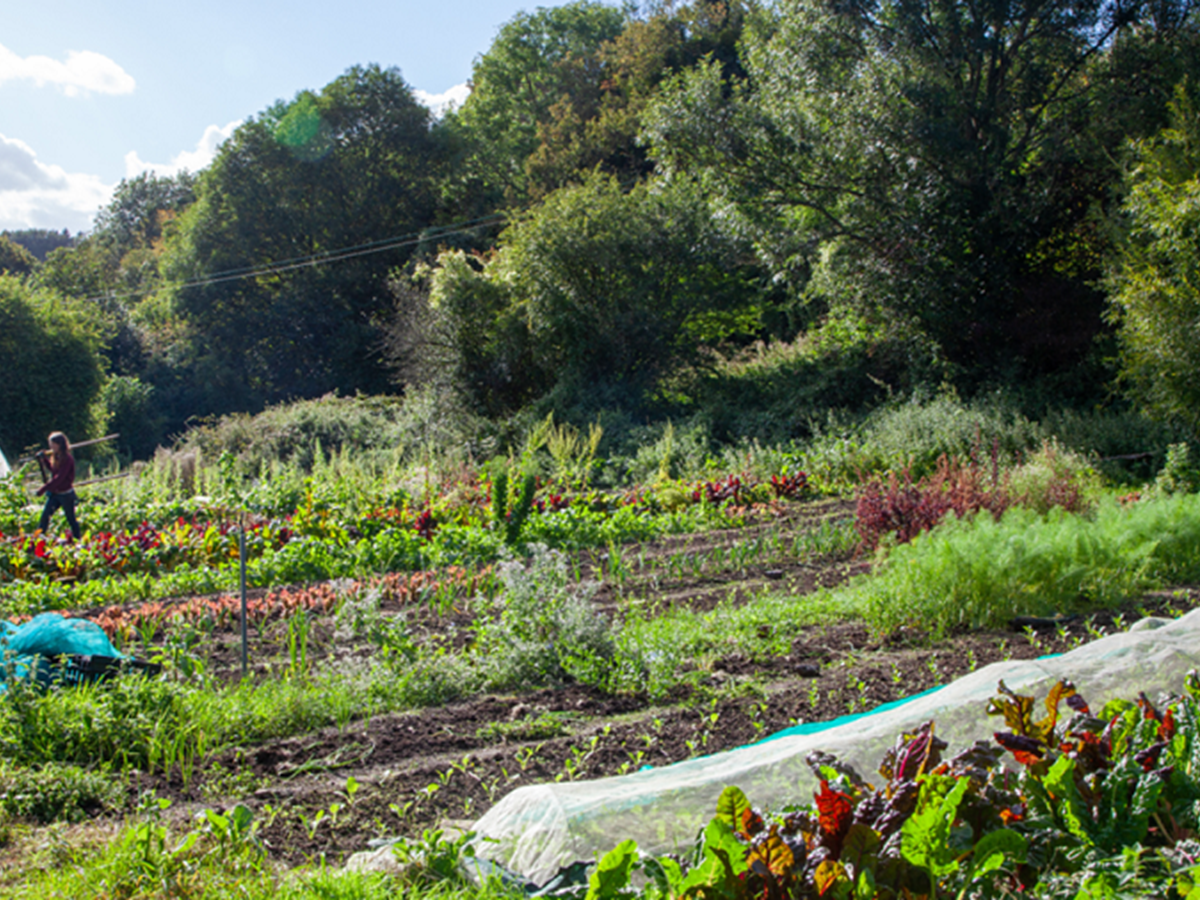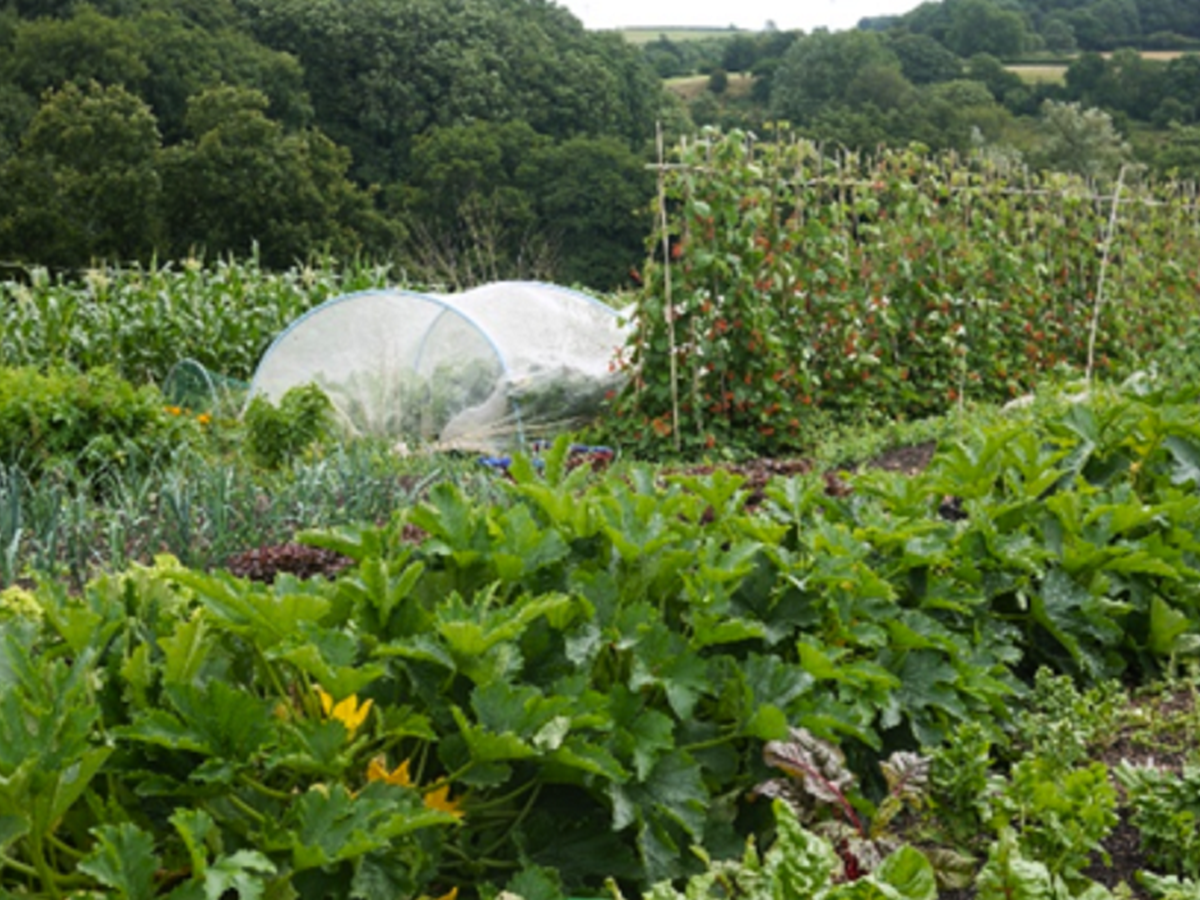Sandra Tuck MRTPI is a CPD Trainer for the Agro-ecological small farming eLearning

I have always been passionate about the environment, and particularly biodiversity. I started out studying for a Biological Sciences degree at Birmingham University in the 1980s and spent more than 20 years working in third sector organisations such as the RSPB, Farming and Wildlife Advisory Group, WWT Slimbridge, the Waterway Trust and Avon Wildlife Trust. This experience really triggered my interest in strategic planning and what this could do for nature conservation and that how we farm is critical to nature’s recovery.
We now understand more about how post war farming practices are negatively impacting biodiversity, depleting our soils (some say to the point of no return) and polluting the environment. High profile cases recently covered in the news remind us again of the damage that more intensive farming can do to our ecosystems, for example the proliferation of chicken farms in the Wye valley and the dire consequences for the river’s ecosystems.
The Ecological Land Cooperative (ELC) are doing important work developing agroecological small farms across Wales and the South of England. I joined in September 2024 to help improve the housing outcomes for farm stewards needing to live on their small holdings, by investigating and working with, the planning system.
Farm stewards at the ELC have to meet high standards of environmental stewardship, so in addition to growing fruit, vegetables, fruit trees, flowers and other land based products, they also have to look after and improve the land, including soil quality and biodiversity. Having now met some of the ELC farm stewards I have been blown away by their commitment, passion, incredible skill, hard work and sheer determination to do something so important and yet so very difficult in today’s climate.


Unfortunately, agroecological farm stewards attempting to set up new horticultural and small farm enterprises face enormous barriers, particularly planning barriers.
The issue of rural workers dwellings was a new area of planning for me and I began by reading “Low Impact Development – Planning and People in a Sustainable Countryside” by Simon Farleigh. This is an excellent book and everything in it recognisable and current, but I was saddened to discover that it was written almost 30 years ago, with very little evident progress. Looking at this and reading up on current policy, the outcomes for planning applications, appeals and meeting with farm stewards, it was clear that there is already a very good understanding of the barriers faced by farm steward needing to live on the land. By tackling the planning barriers we could make a real difference and start to turn this situation around. By positively supporting agroecological farming we will also be promoting a whole range of much needed positive social, economic and environmental outcomes in our rural communities.

A typical caravan used by farm stewards
The ELC have teamed up with the RTPI National Training Team to develop new CPD material to support planners to develop their knowledge about agroecological small farming. We used ELC’s case studies and recent research funded by the Joseph Rowntree Foundation Trust. This training content will help to give planners greater confidence to make informed decisions about planning applications for rural workers dwellings on agroecological farms and encourage policy planners to consider new policies and guidance to support this important work into the future
This flexible, online training ‘Agro-Ecological Small Farming Applications’ will be available for RTPI Members in England for free via our learning platform, but registration is required via this form.
Please also look for complementary activities in our training and event calendar relating to rural planning.


